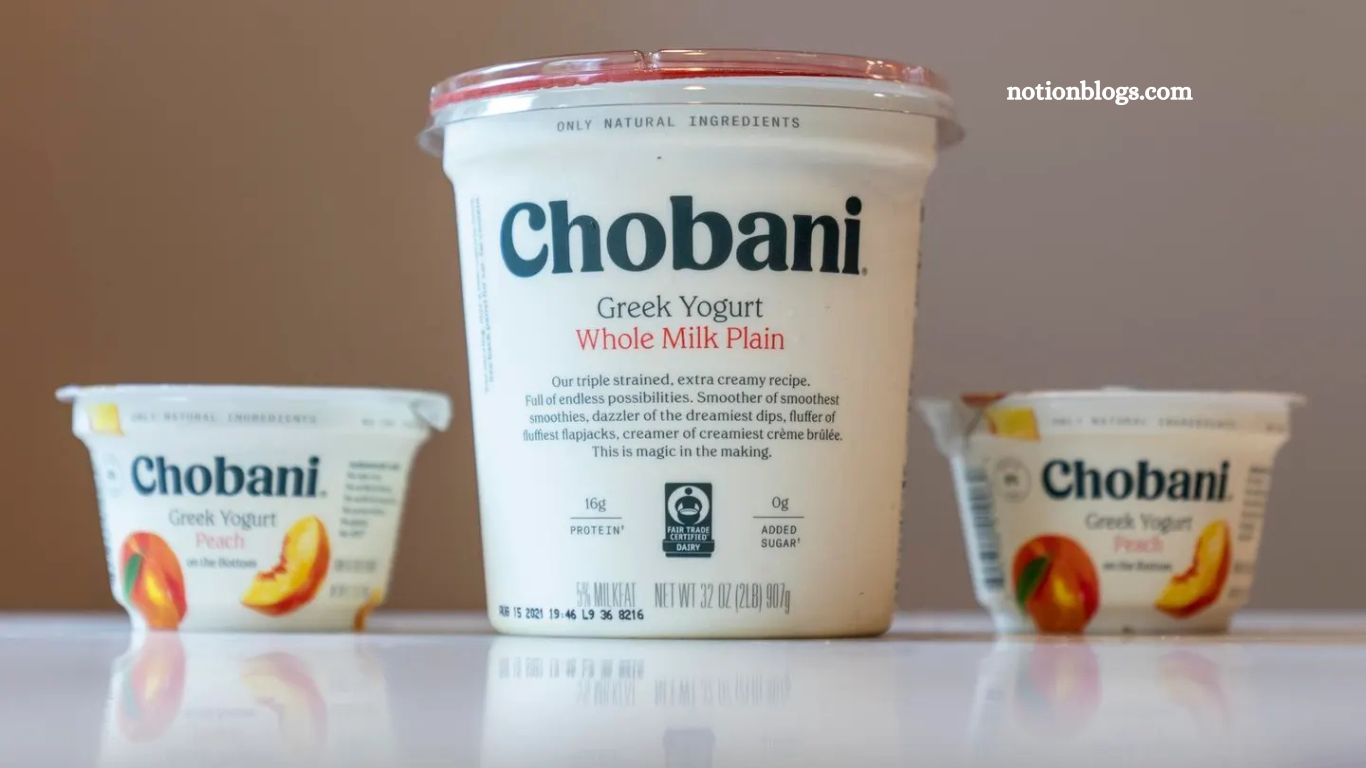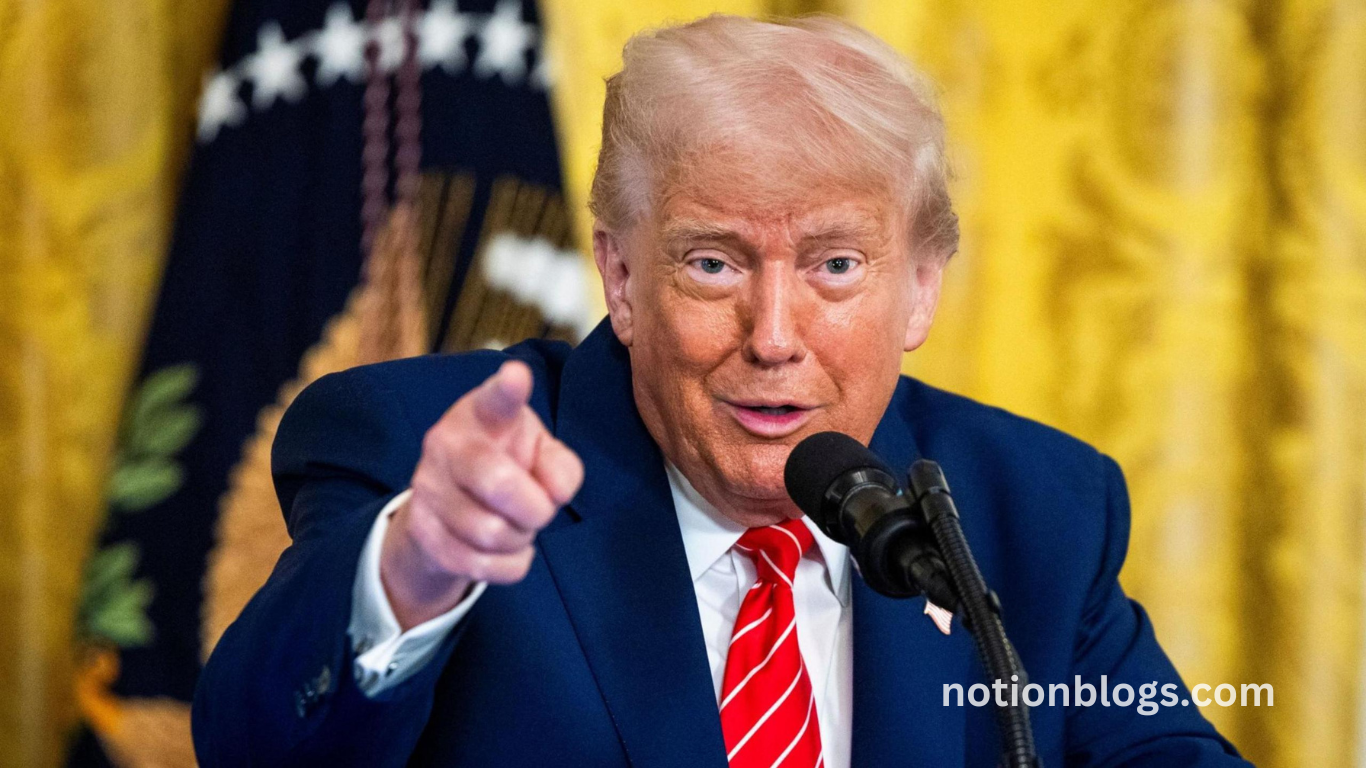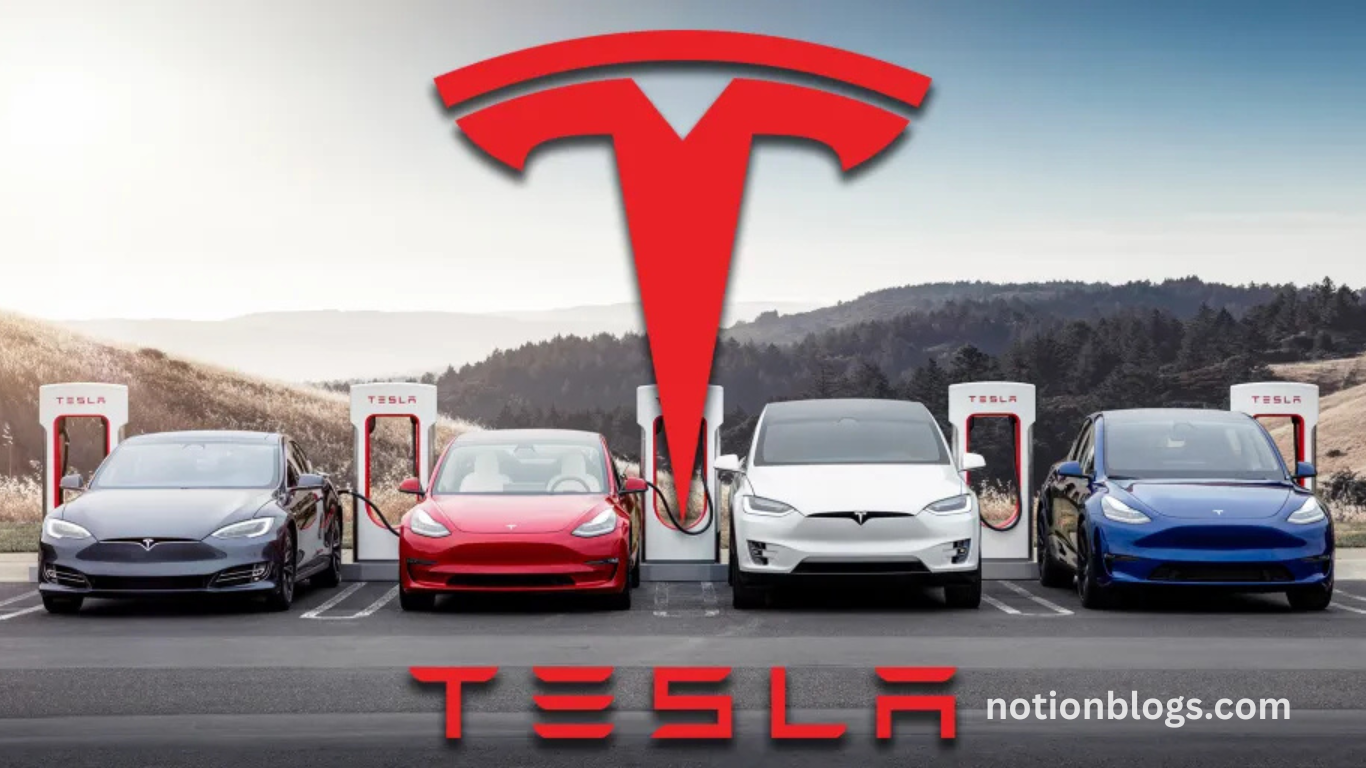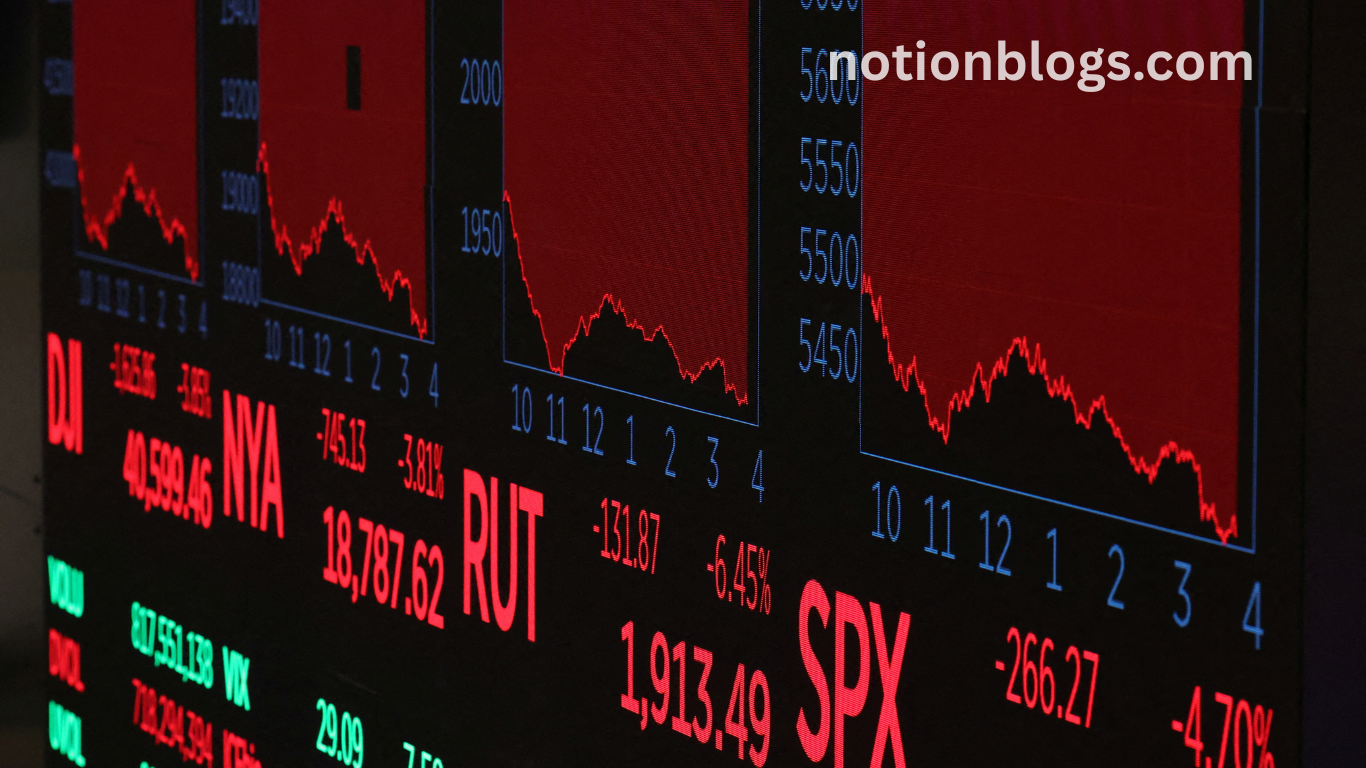I’m back this week with a deeper dive in the Fresh Take newsletter, and I hope you enjoy the new format. After more than a decade reporting for Forbes, I aim to bring clarity and context to the stories behind the headlines—especially in the dynamic worlds of food, agriculture, and sustainability. These are pivotal times, and I’m honored to share insights that matter.
Chobani’s Bold Investment: A Beacon of Hope for Dairy
Amid trade wars, shifting markets, and widespread uncertainty, billionaire Chobani founder Hamdi Ulukaya is doubling down on the future of dairy. His recent $1.2 billion investment in new infrastructure—primarily a state-of-the-art dairy plant in upstate New York—is a powerful statement of confidence in the industry’s potential.
Read More:5 Common SAT Myths Every Student Needs to Bust
This commitment stands out especially as the Northeastern dairy sector has faced steep challenges for years, with many large food companies shifting focus to bigger operations on the West Coast and beyond. Ulukaya’s investment brings renewed optimism to the region and the industry at large.
As Ulukaya told me, “We could make all the advances in life, but if we can’t feed our children good food, that’s not a success.” This mindset is driving Chobani’s mission forward, emphasizing quality, community, and sustainability.
A Fresh Take on Food, Health, and Sustainability
This marks the 141st edition of Fresh Take, and whether you’ve been here from the start or joined along the way, thank you for being part of this journey. We’ll continue to experiment with format and content, but you can always expect a focus on the critical intersections of food, health, sustainability, equity, and accessibility.
Industry Trends and Emerging Issues
The Fluoride Debate Heats Up
Utah and Florida recently became the first states to ban fluoride in drinking water, sparking controversy among dentists and public health officials. Other states, like Louisiana, are considering similar moves. Robert F. Kennedy Jr., now head of the Health and Human Services Administration, aims to have the CDC reconsider its nationwide fluoride recommendations.
Shifting Away from Synthetic Food Dyes
Kennedy’s influence extends to the world of petroleum-based food dyes, urging companies to phase out these additives. While not a full ban, this policy shift is significant. My past reporting at IFF—the world’s largest flavor and fragrance company—opened my eyes to the synthetic chemicals in many food products, confirming long-held concerns.
FDA Workforce Reductions and Food Safety
The Trump Administration’s cuts to the FDA workforce—3,500 employees lost as part of a broader 10,000-person reduction in Health and Human Services—have sparked debate. Will this hinder the agency’s ability to regulate and ensure food safety, or is it a necessary bureaucratic trim? Forbes contributor Louis Biscotti offers thoughtful analysis on the implications.
Reflections from Harvard Business School
Recently, I had the privilege of speaking to students at Harvard Business School about my book Raw Deal: Hidden Corruption, Corporate Greed and the Fight for the Future of Meat. The conversation inspired hope for a better food system, driven by innovation and equity.
Here are a few key takeaways I shared:
- Invest in Infrastructure: Supporting sustainable and equitable food production can range from community commercial kitchens to mobile slaughter facilities, tailored to local needs.
- Rethink Financing Models: Alternative financing that supports long-term, mission-driven food businesses is essential, especially beyond typical venture capital timelines.
- Champion a Public Food Sector: Ensuring universal food access is critical, especially as climate change threatens traditional supply chains.
- Think Collectively: Collaboration is key. As Will Harris of White Oak Pastures puts it, replicability in food systems is more important than pure scalability.
Frequently Asked Questions
What makes Chobani’s recent investment significant for the dairy industry?
Chobani’s $1.2 billion commitment to building new dairy plants, especially in upstate New York, signals a strong vote of confidence in a region and industry that has struggled amid consolidation and shifts to larger West Coast operations. It represents a push toward sustainable, local production and economic revitalization.
How is Chobani’s approach different from other dairy companies?
Unlike many competitors focusing solely on scale and cost-cutting, Chobani emphasizes quality, community impact, and sustainability. Founder Hamdi Ulukaya is known for reinvesting in local infrastructure and prioritizing good food that supports local farmers and workers.
Why is the Northeastern dairy industry struggling?
The Northeastern dairy sector has faced declining milk prices, increased competition from large-scale operations in other regions, and economic challenges that make it harder for smaller and mid-sized farms to stay profitable.
What role does sustainability play in Chobani’s strategy?
Sustainability is central to Chobani’s mission. The company invests in infrastructure and processes designed to reduce environmental impact while supporting local communities and maintaining high product quality.
How does this investment impact local economies?
Building new dairy plants in regions like upstate New York creates jobs, supports local farmers, and stimulates economic growth, contributing to revitalizing rural communities that have faced economic hardships.
What challenges does the dairy industry face more broadly today?
Challenges include fluctuating milk prices, competition from plant-based alternatives, supply chain disruptions, regulatory changes, and the need to adopt more sustainable farming practices amid climate concerns.
Conclusion
Chobani’s bold investment in the Northeastern dairy industry offers a hopeful example amid a challenging landscape. By prioritizing sustainability, community impact, and quality, Hamdi Ulukaya and his company are not only revitalizing local economies but also setting a new standard for what the future of dairy can look like. In an era marked by uncertainty—from shifting trade dynamics to environmental pressures—Chobani’s commitment reminds us that innovation and responsibility go hand in hand.
As consumers, industry leaders, and policymakers, there is much to learn from this approach. Supporting companies that invest deeply in infrastructure and people is essential to building a resilient, equitable food system that can nourish generations to come. The path forward for dairy—and food more broadly—will require bold choices like these, and Chobani’s story shows that those choices can indeed shine brightly in dark times.





